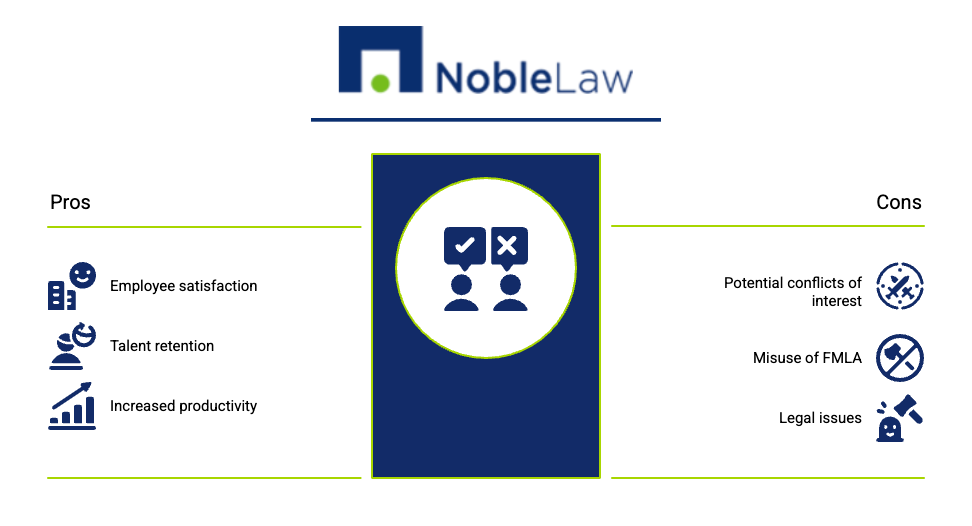The short answer is “it depends.”
Does Your Employer Have a Policy Against Outside Employment?
What does it depend on, you ask? Well, it depends on whether your employer has a policy against outside employment and whether the company applies and enforces such a policy consistently to all employees who takes leave.
FMLA Regulations on Outside Employment
In fact, the regulations promulgated under the Family and Medical Leave Act (“FMLA”) speak directly to this point –
“If the employer has a uniformly-applied policy governing outside or supplemental employment, such a policy may continue to apply to an employee while on FMLA leave. An employer which does not have such a policy may not deny benefits to which an employee is entitled under FMLA on this basis unless the FMLA leave was fraudulently obtained.” 29 C.F.R. 825.216(e)
Investigations and Anti-Moonlighting Policies During FMLA Leave
If you think your employer won’t find out about your second job, you may be mistaken. Often, employers conduct investigations of their employees on leave to ensure that they aren’t defrauding the company. In one case, an employer’s investigation uncovered the fact that its employee was working at another company during his FMLA leave from the investigating employer. Because the employer consistently applied its anti-moonlighting policy, the court dismissed that employee’s FMLA claims.
Another precaution employers may take to be able to mount a defense against your FMLA claims is that they specifically advised you of the policy again and cautioned you to avoid moonlighting while out on leave.
Review Your Employee Handbook for Moonlighting Policies
Remember that handbook you signed eons ago when you started working at your employer? Yeah, you should probably find it, dust it off, and read it. You’ll learn there whether your employer has a written policy against unauthorized work (a/k/a “moonlighting”). Even if there’s no written policy, if it’s common knowledge, practice, or unwritten policy consistently applied, you should be wary.
If you have an exceptional need to moonlight while on FMLA, discuss it with your employer first. For example, let’s say you’re requesting FMLA leave from your day job because your spouse you during major portions of the day during her chemo treatments, but not at night while she’s asleep, and you desperately need the cash flow while you’re caring for her. So, you decide to pick up a shift at the local male revue to make some quick cash.
Employer Flexibility with FMLA and Moonlighting
While no employer is required to do so, a compassionate employer will have a nuanced policy that allows for some degree of flexibility where:
- (1) your moonlighting opportunity doesn’t interfere with your primary employer’s business interests (i.e., isn’t a competitor); and
- (2) the duties of the other job don’t contradict your basis for taking FMLA leave.
For example, if you say you need FMLA leave because you have a leg injury and can’t walk around, but you’re moonlighting as a server at Applebee’s, you’re probably going to be in trouble. Be up front and honest with your employer before attempting to moonlight. In this case, forgiveness is NOT easier to obtain than permission.
About The Noble Law Firm
The Noble Law is a women-owned employment law firm with offices in North Carolina and South Carolina, founded by Laura Noble in 2009. Specializing in wrongful termination, workplace harassment, workplace retaliation, workplace mediation, and neutral third-party investigations, the firm is committed to leveling the playing field for employees. Their focus is on delivering positive outcomes with empathy and integrity, while also driving societal change in employment law.
The firm emphasizes diversity, collaboration, and innovation, fostering a balanced work environment that values the personal lives of its staff. With a strong commitment to technology and efficiency, The Noble Law provides personalized attention to a select group of clients, handling cases involving harassment, discrimination, retaliation, and more. The team’s extensive litigation experience allows them to deliver thorough and assertive representation.


